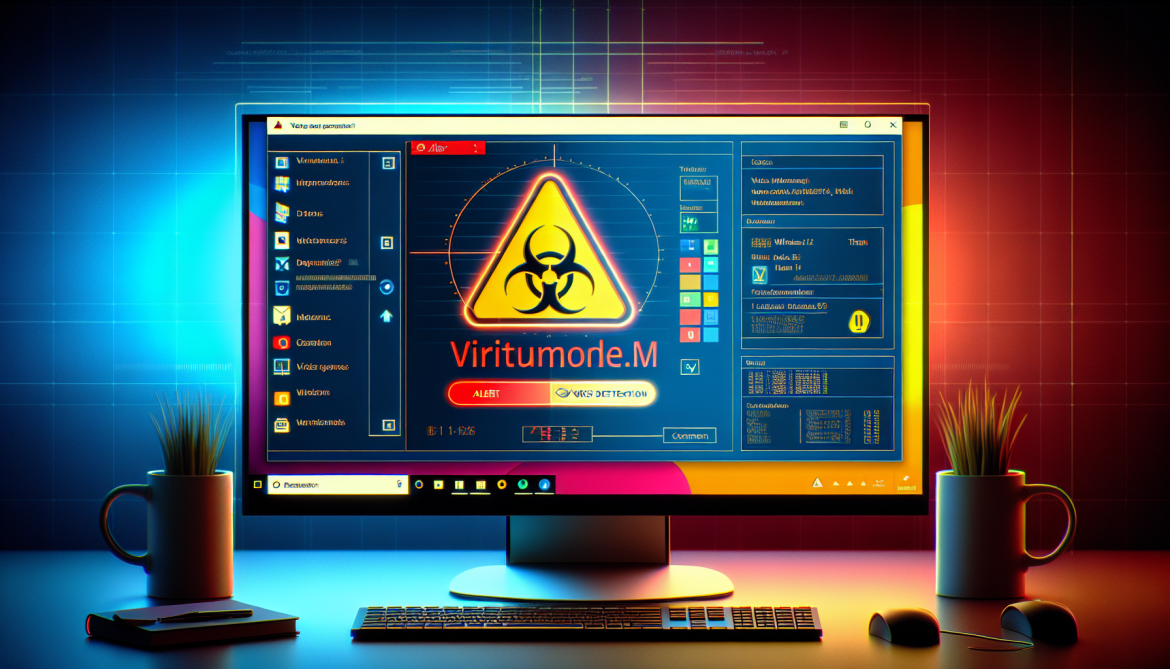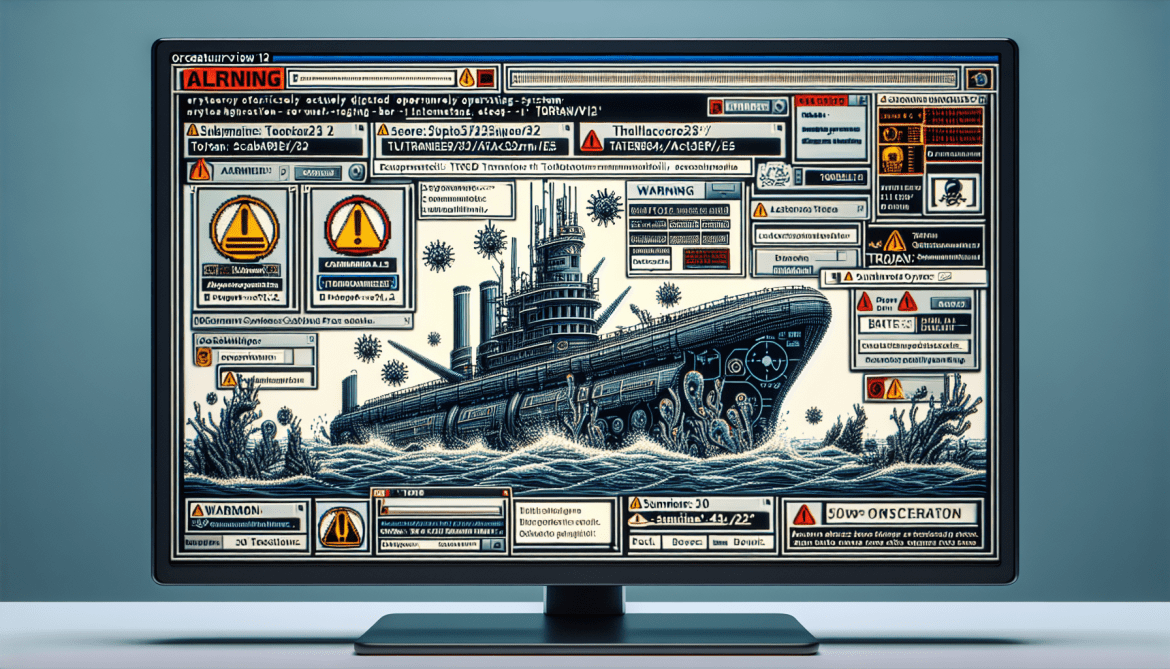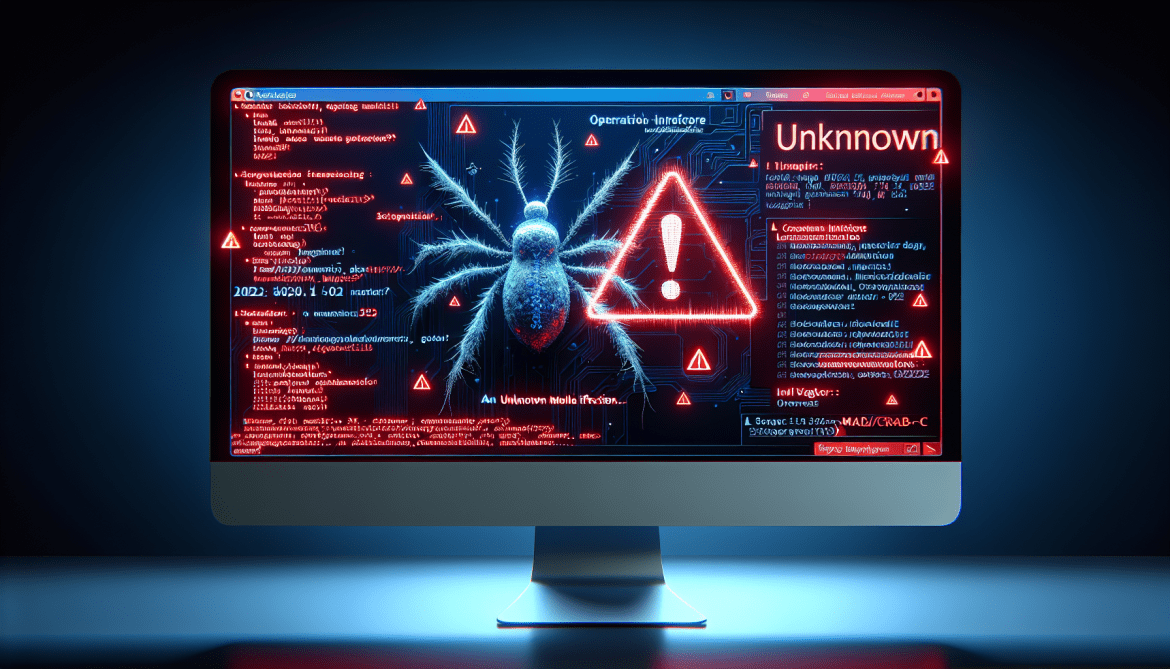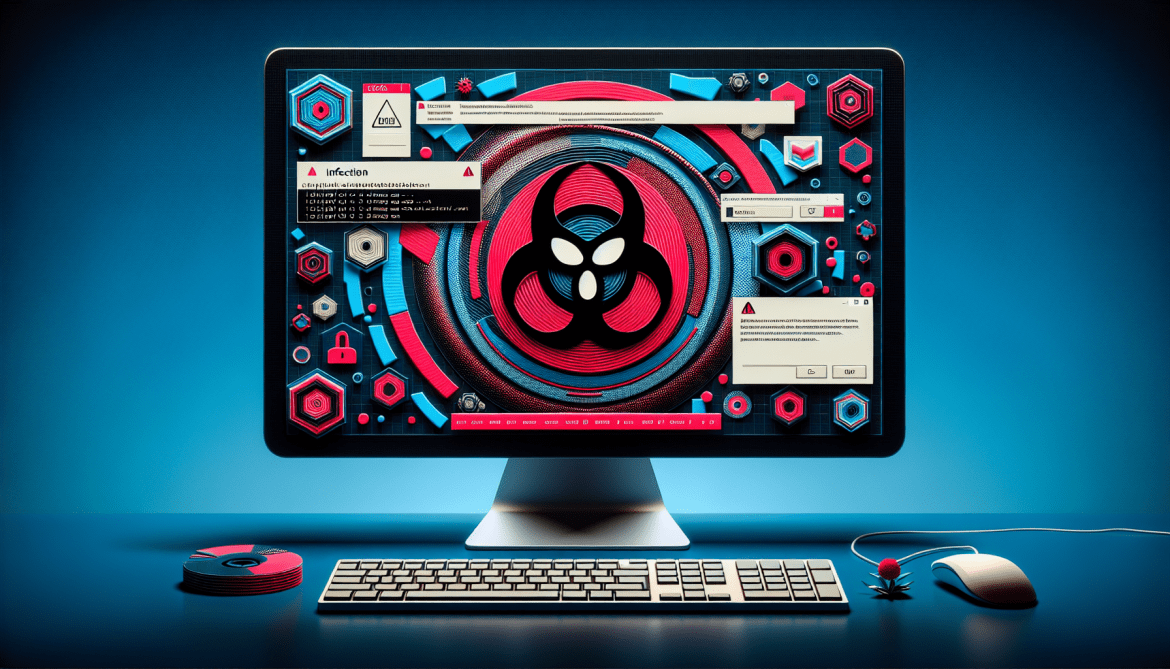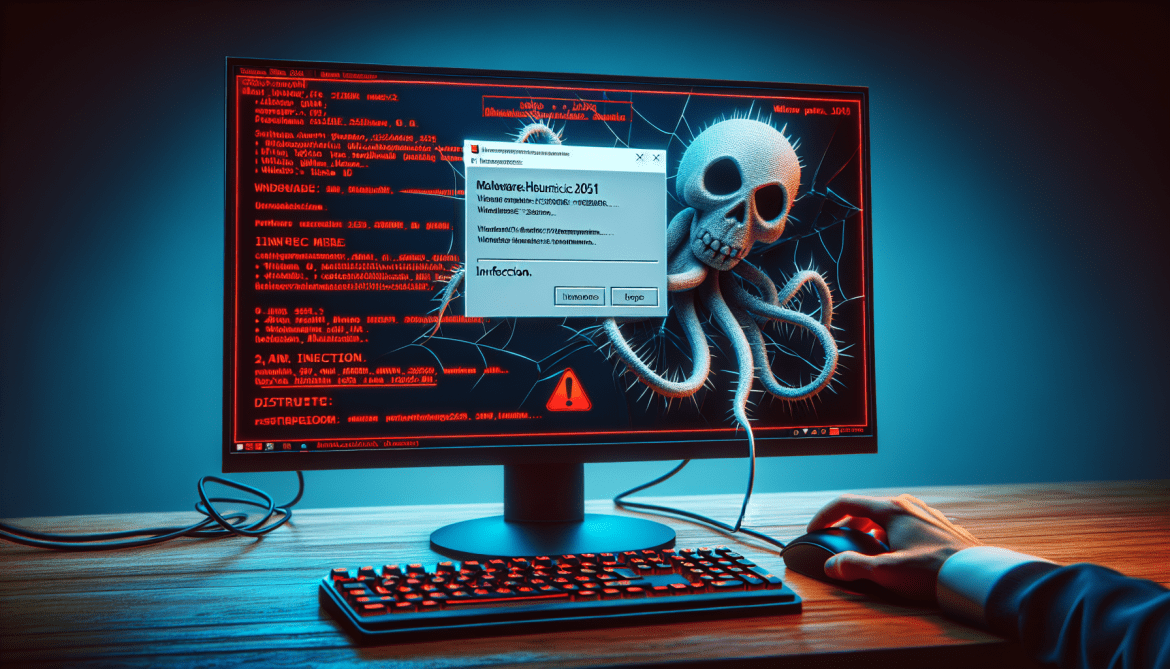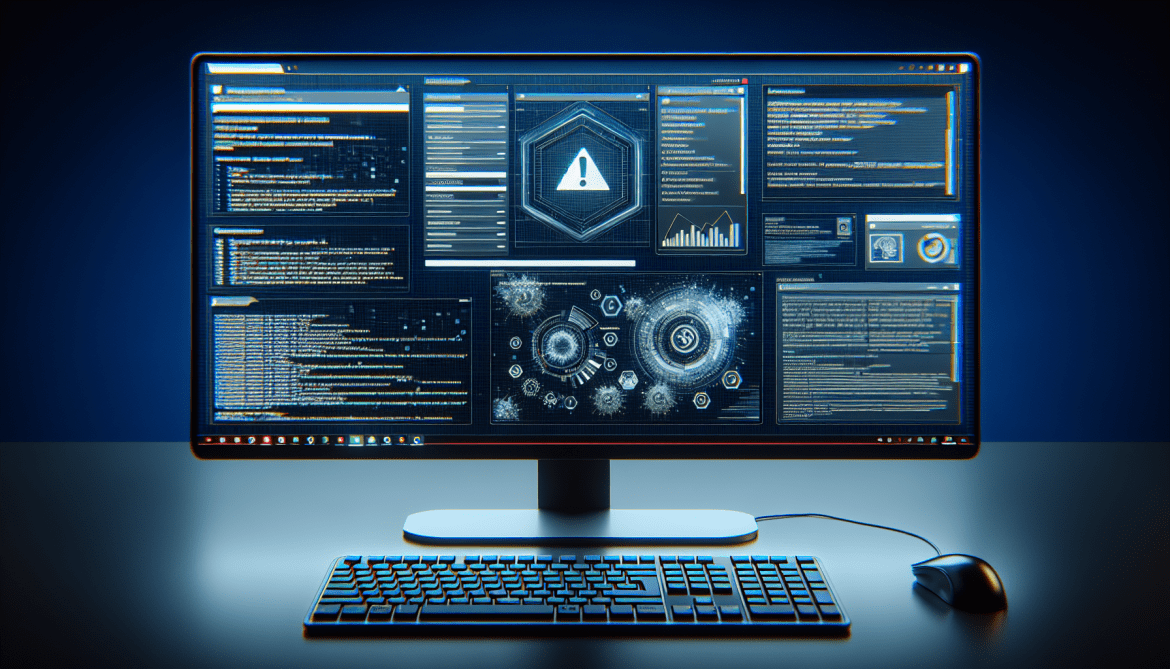Trojan:Win32/Virtumonde.M is a type of Trojan horse malware that infects computers by disguising itself as a legitimate file or program and tricking users into downloading or installing it. Once installed, the Trojan can steal sensitive information, such as login credentials and financial data, disrupt system operations, and create backdoors for other malicious software to enter the system.
Trojan:Win32/Virtumonde.M can infect computers through various means, including email attachments, software downloads from untrustworthy sources, malicious websites, and removable storage devices. It can also spread through network connections and exploit vulnerabilities in software or operating systems.
To protect your computer from Trojan:Win32/Virtumonde.M and other malware, it is important to keep your operating system and software up to date, use antivirus and antimalware programs, avoid downloading files from unknown sources, and be cautious when clicking on links or opening attachments in emails.

